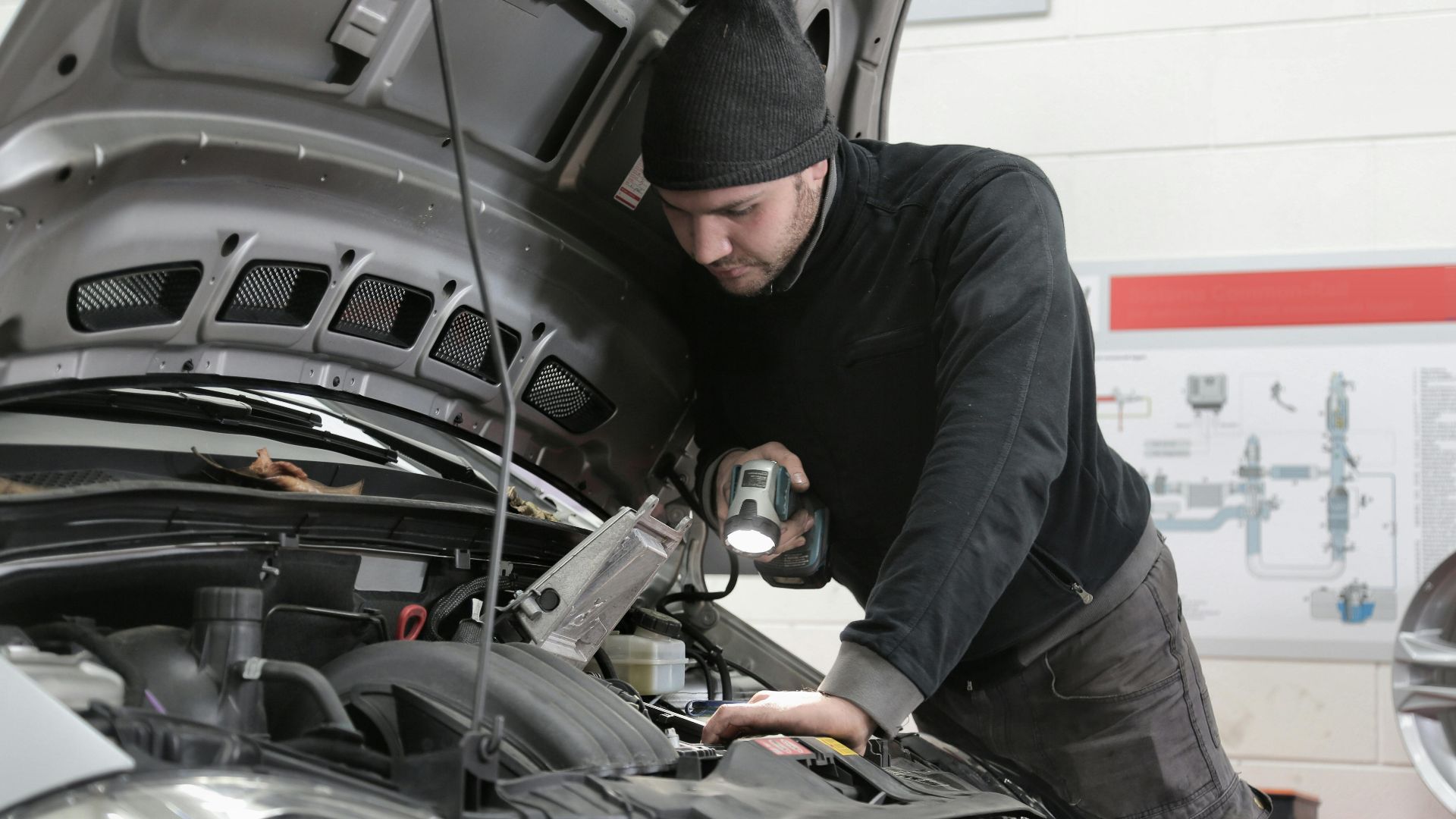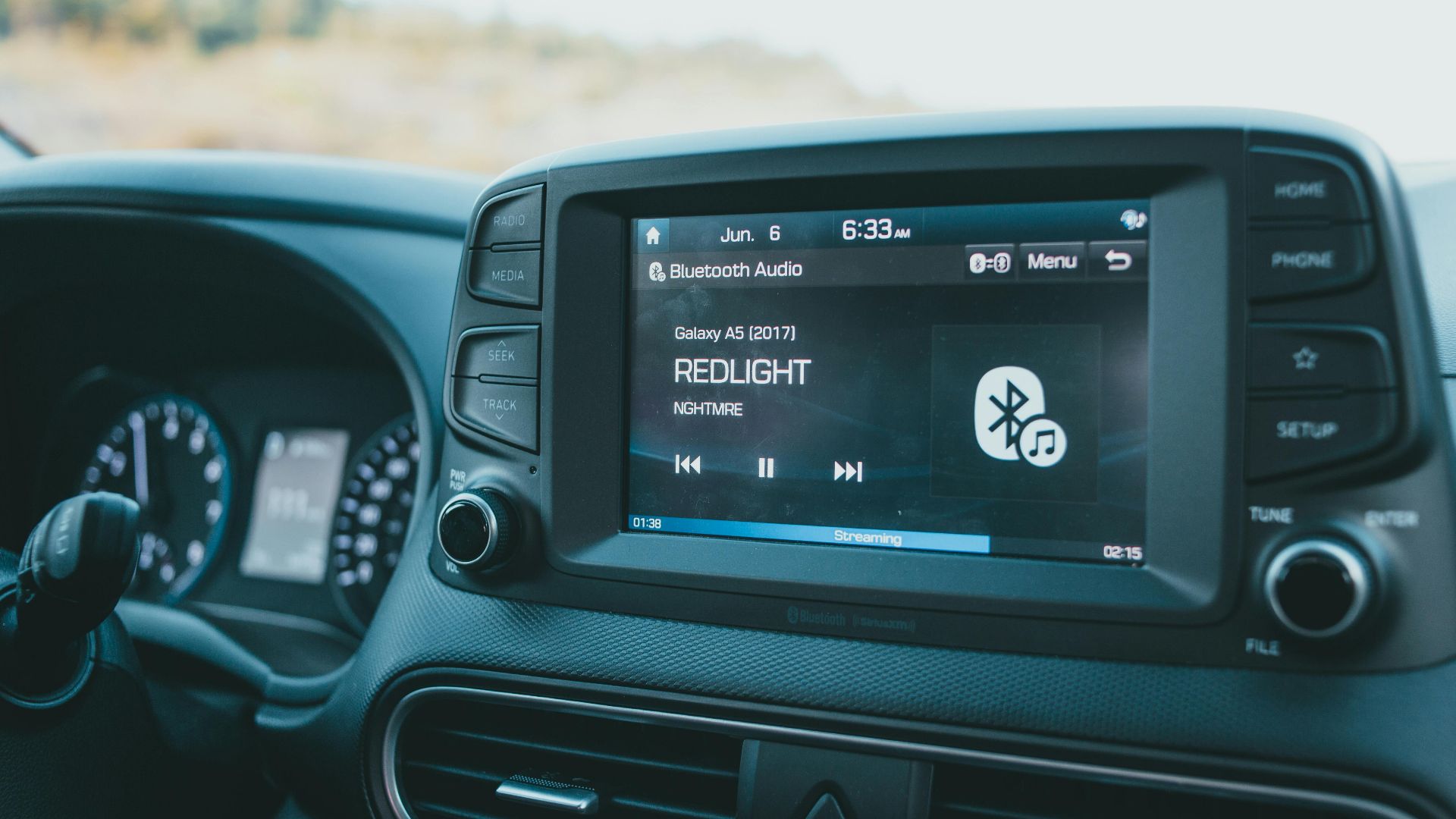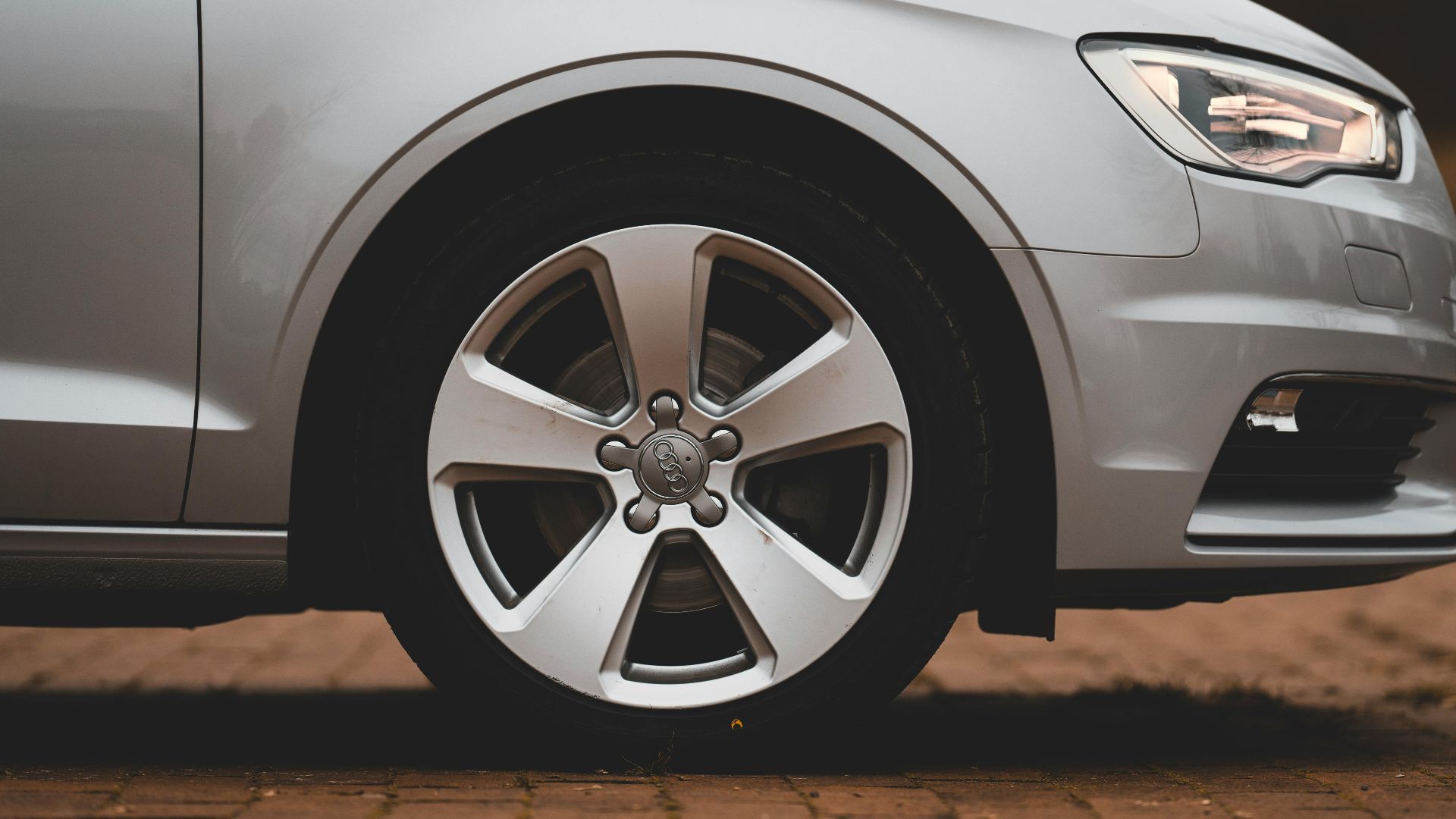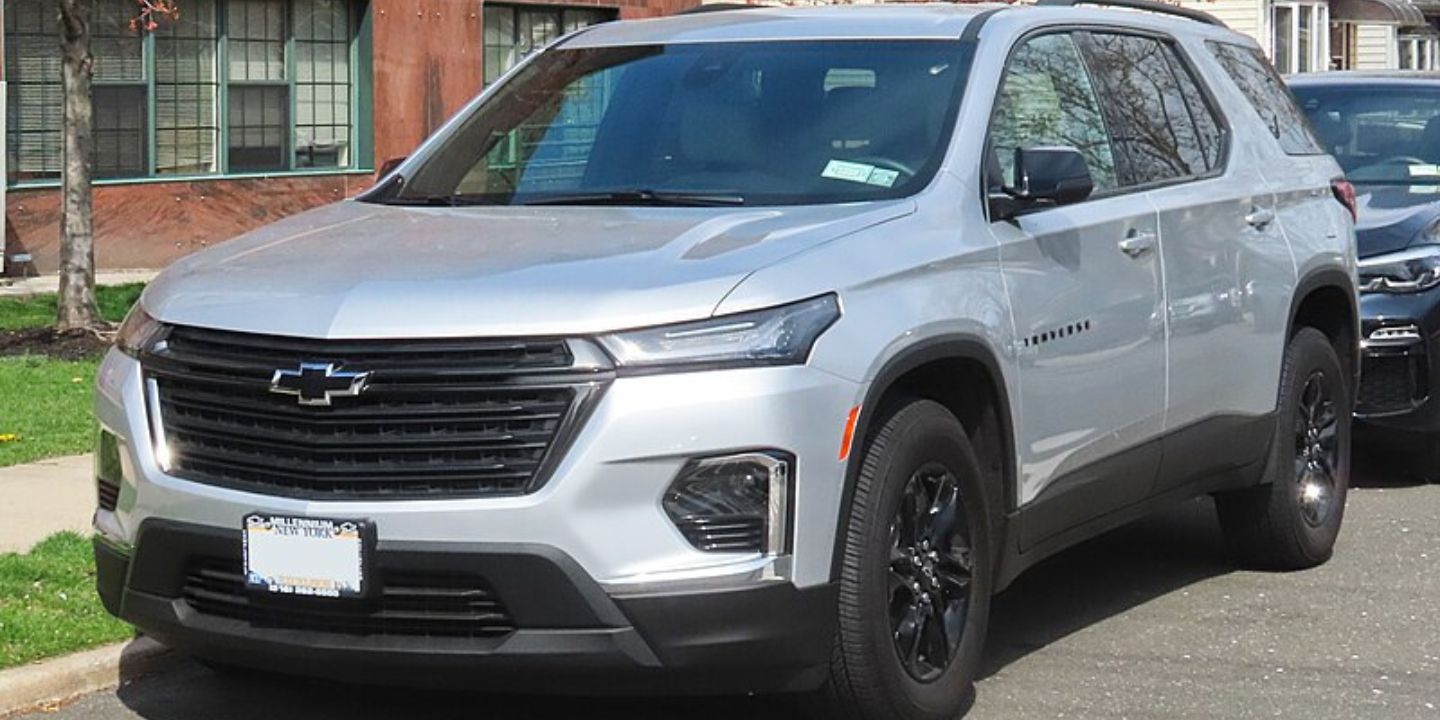Car Sale Mistakes That Hurt
Selling a car can sometimes feel like walking into a room where everyone’s already decided they’re not interested. This happens because buyers notice small details that go beyond shiny paint and clean tires. If you want to avoid frustration and actually close a deal, you must know what pushes people away and how to counter it. So, let’s begin by understanding the possible reasons no one wants to buy your car.
1. Salvage Title Status
When disaster strikes and an insurance company declares a vehicle a total loss, that dreaded salvage title becomes a permanent financial scar. Even after extensive repairs and earning a "rebuilt" designation, these cars struggle to recover, typically selling for 20-40% below their clean-title counterparts.
 From Salvage Title Car To Rebuilt Full Process by Flipping Cars 4 Fun
From Salvage Title Car To Rebuilt Full Process by Flipping Cars 4 Fun
2. Excessive Mileage
While fresh-faced, low-mileage vehicles under five years old cruise smoothly through the resale market, retaining their value. But their well-worn, high-mileage cousins face a bumpy road. Buyers slam on the brakes at the first sight of a hefty odometer reading.
 This Honda Accord Has Over 1 Million Miles! Here’s The Secret To Getting It There! by TFLclassics
This Honda Accord Has Over 1 Million Miles! Here’s The Secret To Getting It There! by TFLclassics
3. Unappealing Exterior Color
Most car buyers instinctively shy away from unconventional exterior colors. They like neutrals like black, white, and silver for better resale opportunities. But if your car has a special model with a rare color, there’s a silver lining—it can attract dedicated collectors.
4. Fuel Inefficiency Rating
What starts as an enticing vehicle search often hits a sobering reality when buyers calculate fuel costs. Many sellers discover that gas-thirsty models bleed value faster, especially as pump prices climb. Even comparing trim levels reveals efficiency gaps.
5. Outdated Technology
Today's car shoppers scroll through listings expecting sleek touchscreens and seamless smartphone integration. This makes cars without modern tech feel practically ancient. Sure, Bluetooth and backup cameras work like a quick fix, but these aftermarket upgrades rarely recoup their cost.
6. Persistent Mechanical Faults
Now, this one’s straightforward: vehicles with a history of constant mechanical issues command significantly lower prices compared to well-maintained counterparts. Ongoing mechanical problems and high maintenance costs deter most buyers—unless someone is actively seeking a repair-and-resell opportunity.
7. Unresolved Safety Recalls
Though manufacturers cover repair costs for up to 15 years, many owners never address these problems—and it shows in online listings and VIN checks. Unresolved safety recalls can seriously dent your car's market value because no one wants to use a car that was problematic from the outset.
 Why It's Important to Pay Attention to Recalls by Cars.comm
Why It's Important to Pay Attention to Recalls by Cars.comm
8. Interior Odor
Protecting your car's value starts with understanding a critical threat: interior odors from smoking, pets, and mold that owners often overlook but buyers immediately notice. While professional deodorizing treatments (which can exceed $100) address these persistent smells, prevention is better.
9. Incomplete Service Records
Missing maintenance records instantly raise red flags for potential buyers. Without proof of consistent care, doubts creep in about hidden repairs or neglect. That uncertainty can lower perceived value and push people to consider other, better-documented options.
10. Non-Standard Modifications
Mainstream car shoppers tend to get skittish around modified vehicles, and it's no wonder why. Flashy custom wheels and booming sound systems might thrill enthusiasts, but they limit your buyer pool and can spark warranty headaches.
Now that the obstacles are clear, it’s time to explore the moves that turn hesitation into agreement.
1. Reduce Asking Price Strategically
If your car isn’t attracting serious buyers, your pricing strategy may be the issue. Start by analyzing comparable listings in your area, taking into account these factors: model year, mileage, condition, and trim level. A calculated price adjustment, even a modest one, can expand your buyer pool.
2. Conduct Professional Detailing
People naturally link a spotless car with proper maintenance, which makes professional detailing a powerful psychological tool. This perception of careful ownership, sparked by spotless exterior and interior, can lead buyers to value your vehicle higher.
3. Highlight Unique Selling Points
Do you have a rare trim, or have you had a recent tire replacement? Every car has something that sets it apart. Spotlight those features in your listing title and description. Buyers want to know if they’re getting something extra, especially when it’s not available in similar models.
4. Upgrade Listing Photos
High-quality listing photos do more than just attract potential buyers—they build essential trust by showcasing your car's true condition. When your photography stands out, expect significantly more views and inquiries. Remember to capture both interior and exterior features comprehensively.
5. Emphasize Fuel Economy Benefits
Buyers looking for cars that stretch every gallon know the value of fuel efficiency. Lower gas bills, possible rebates, and reduced long-term expenses make these models appealing. So, highlight strong mileage and turn everyone’s attention from pricing to long-term savings.
 TIPS to SAVE FUEL & BEST Fuel Efficient Cars! by cinch
TIPS to SAVE FUEL & BEST Fuel Efficient Cars! by cinch
6. Refresh The Car’s Registration And Insurance
Try renewing these documents before listing your car. It saves the buyer from bureaucratic headaches and shows them how responsible you’ve been as the owner of the vehicle. It also makes your car instantly road-ready, which is a huge plus for serious shoppers.
7. Offer Limited Warranty Coverage
Every used car purchase carries an element of uncertainty, but offering a limited warranty clears that doubt to some extent. Smart sellers understand this and provide reasonable warranty coverage that attracts buyers seeking peace of mind. It also justifies premium pricing.
8. Facilitate Flexible Test Drives
Most people hesitate to commit without trying out the vehicle themselves. So, offer flexible test drive schedules and even extended drive options. This can build trust and help potential buyers assess your car’s performance and condition firsthand.
9. Bundle Additional Accessories
In a sea of similar car listings, bundled accessories can be your secret weapon for standing out. By including valuable add-ons like floor mats, roof racks, and tech upgrades, you turn your car into a more attractive package that commands attention and speeds up negotiations.
10. Provide Financing Assistance
If you want to cast a wider net for potential buyers, give them smart financing options. Pre-approved loans simplify the process and build buyer confidence. Moreover, partnerships with local credit unions let you set a competitive rate. Through these financing options, even shoppers with credit challenges can have the chance to buy your car.
























